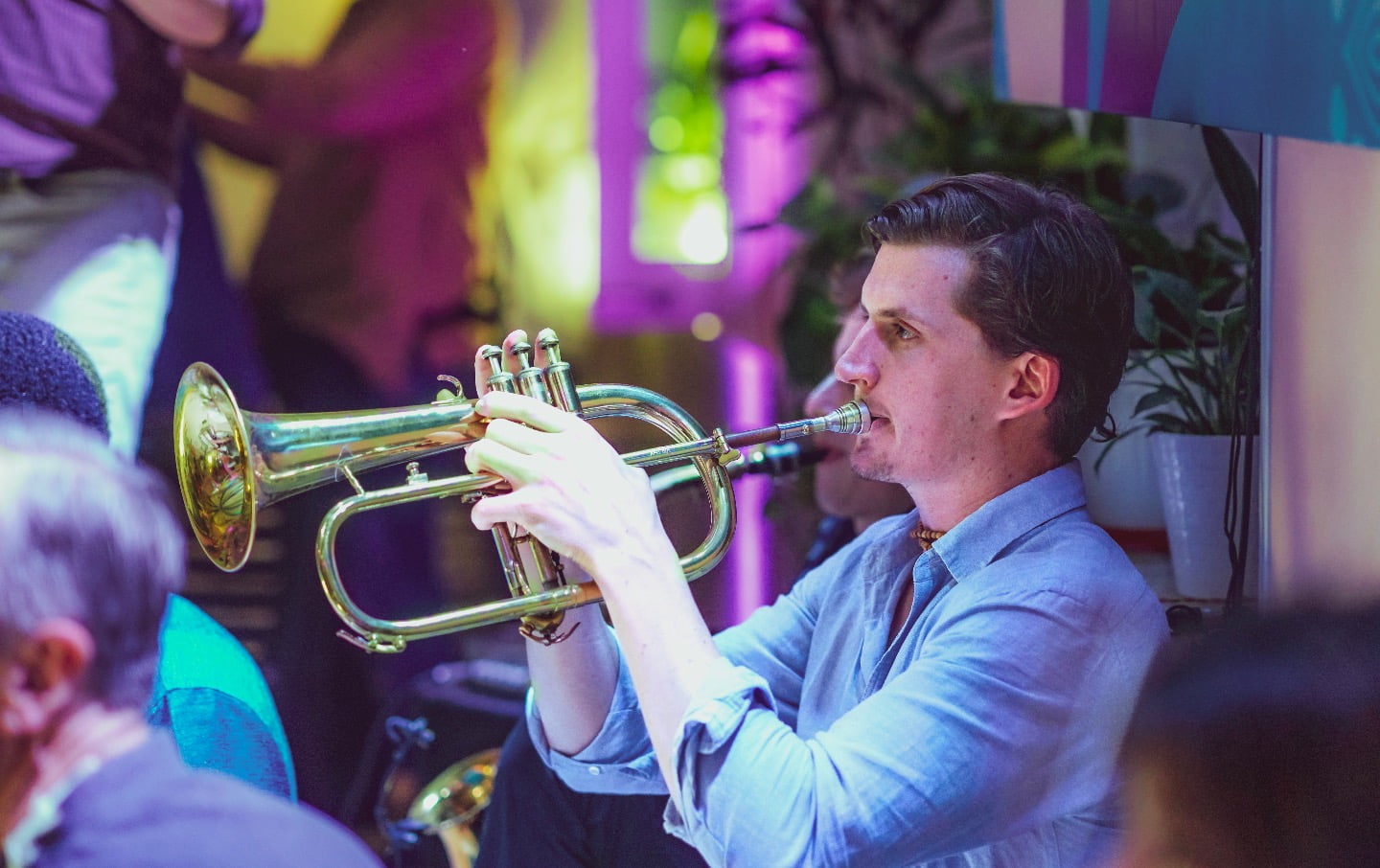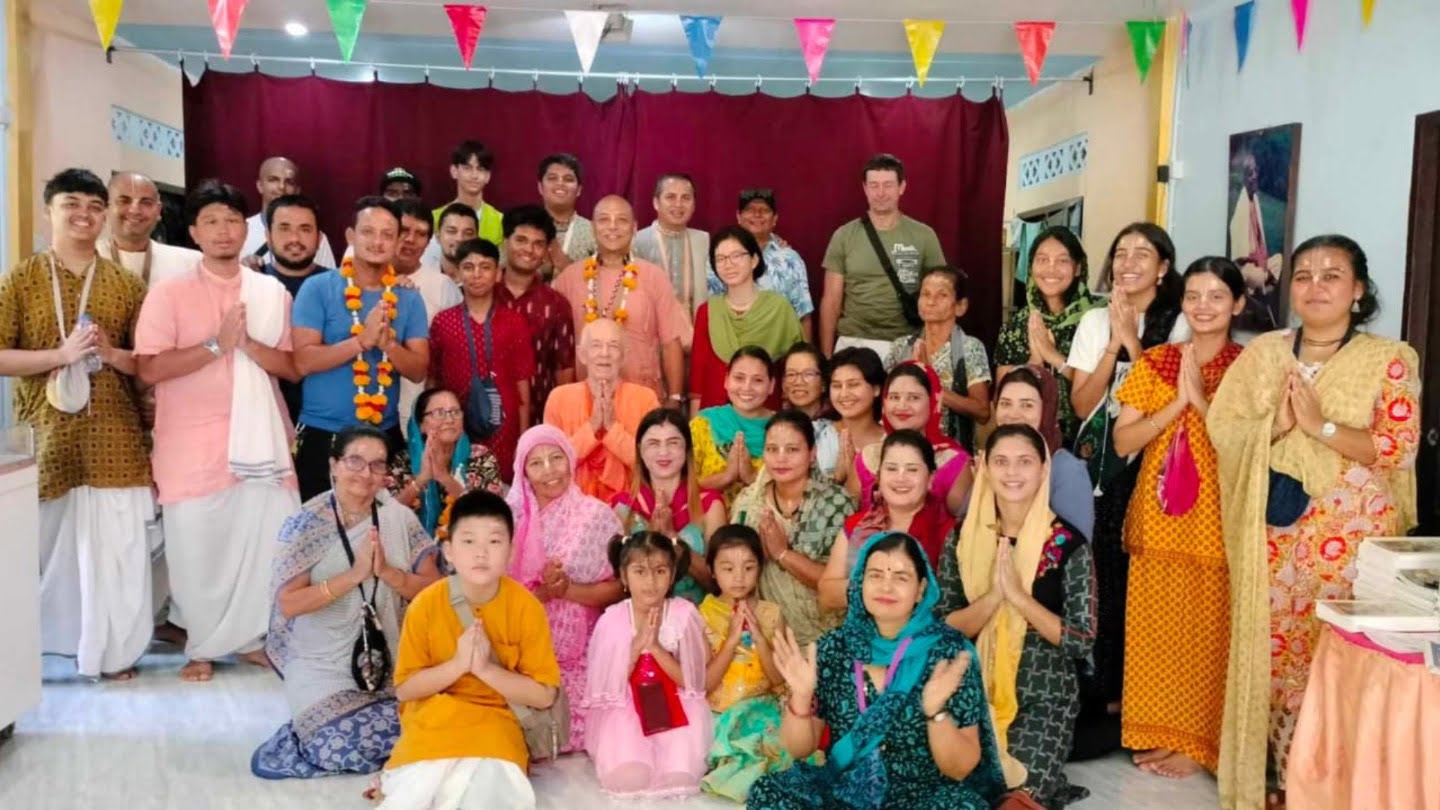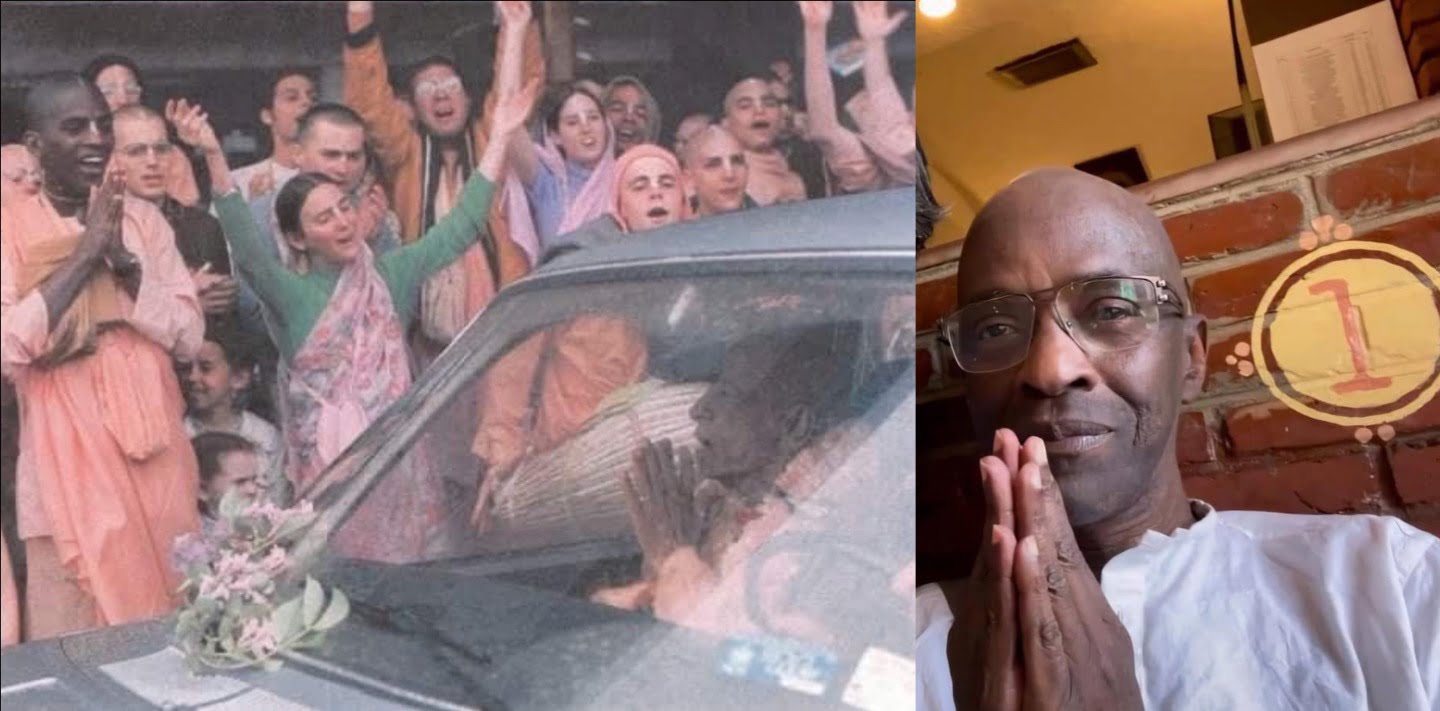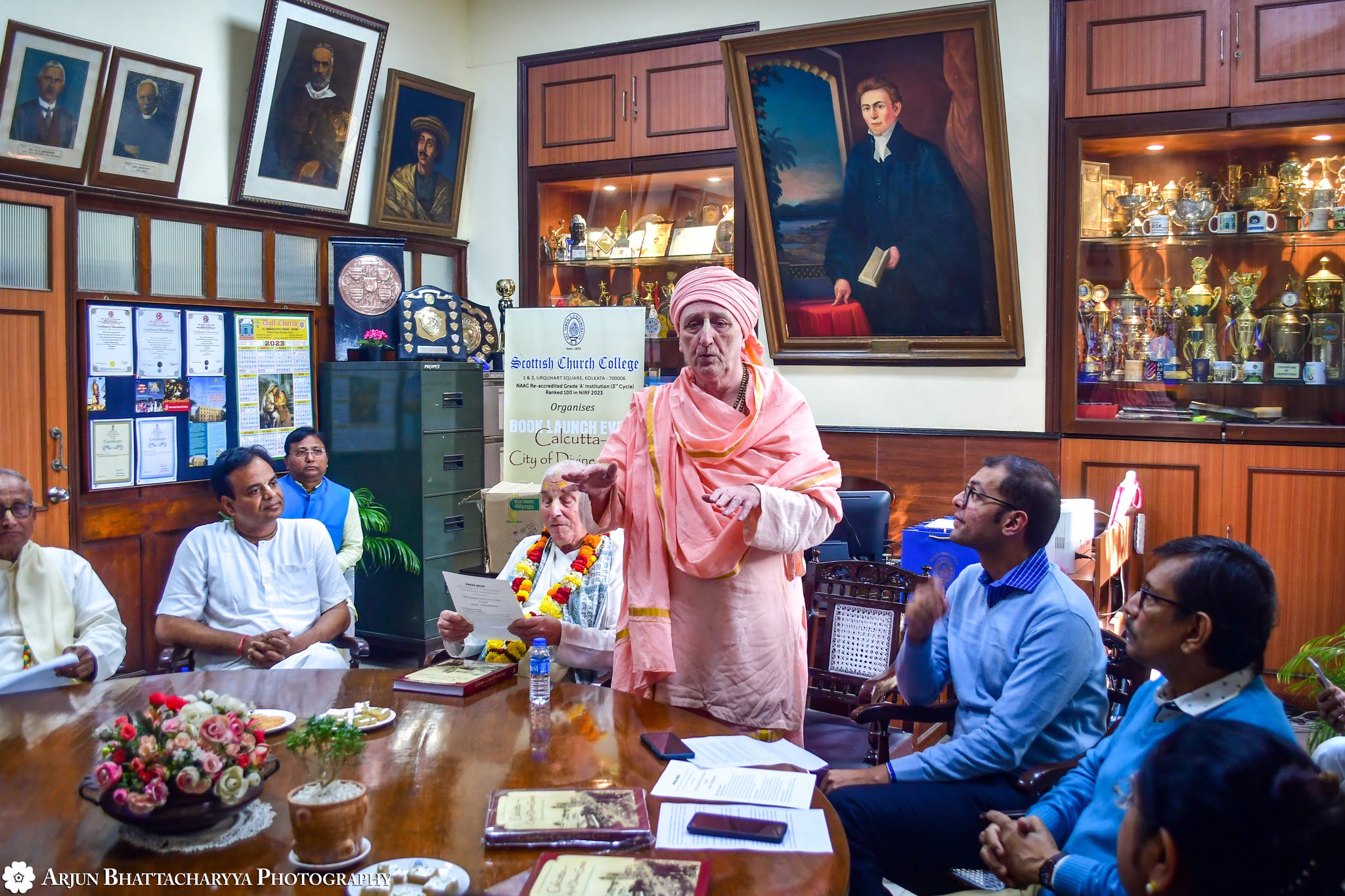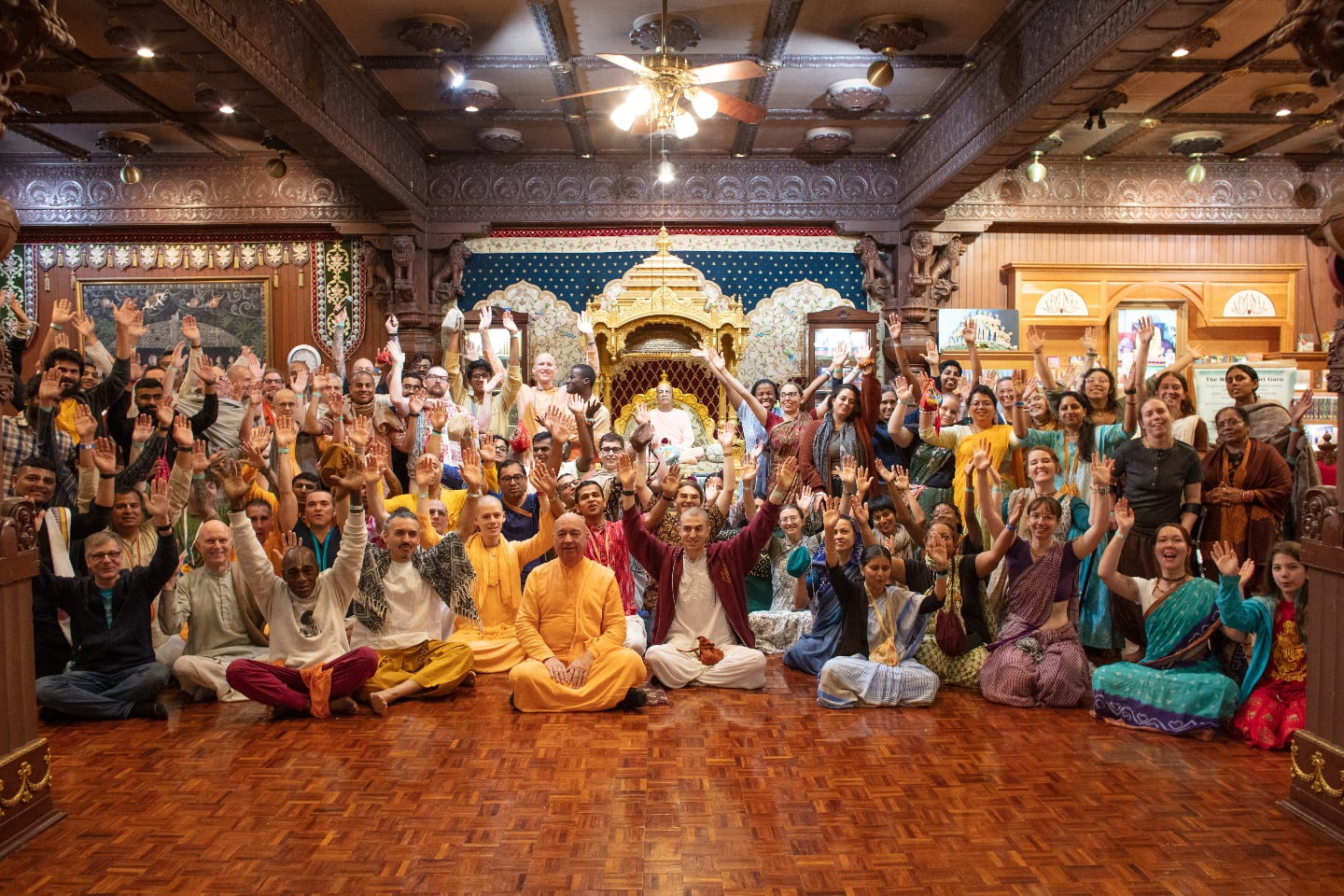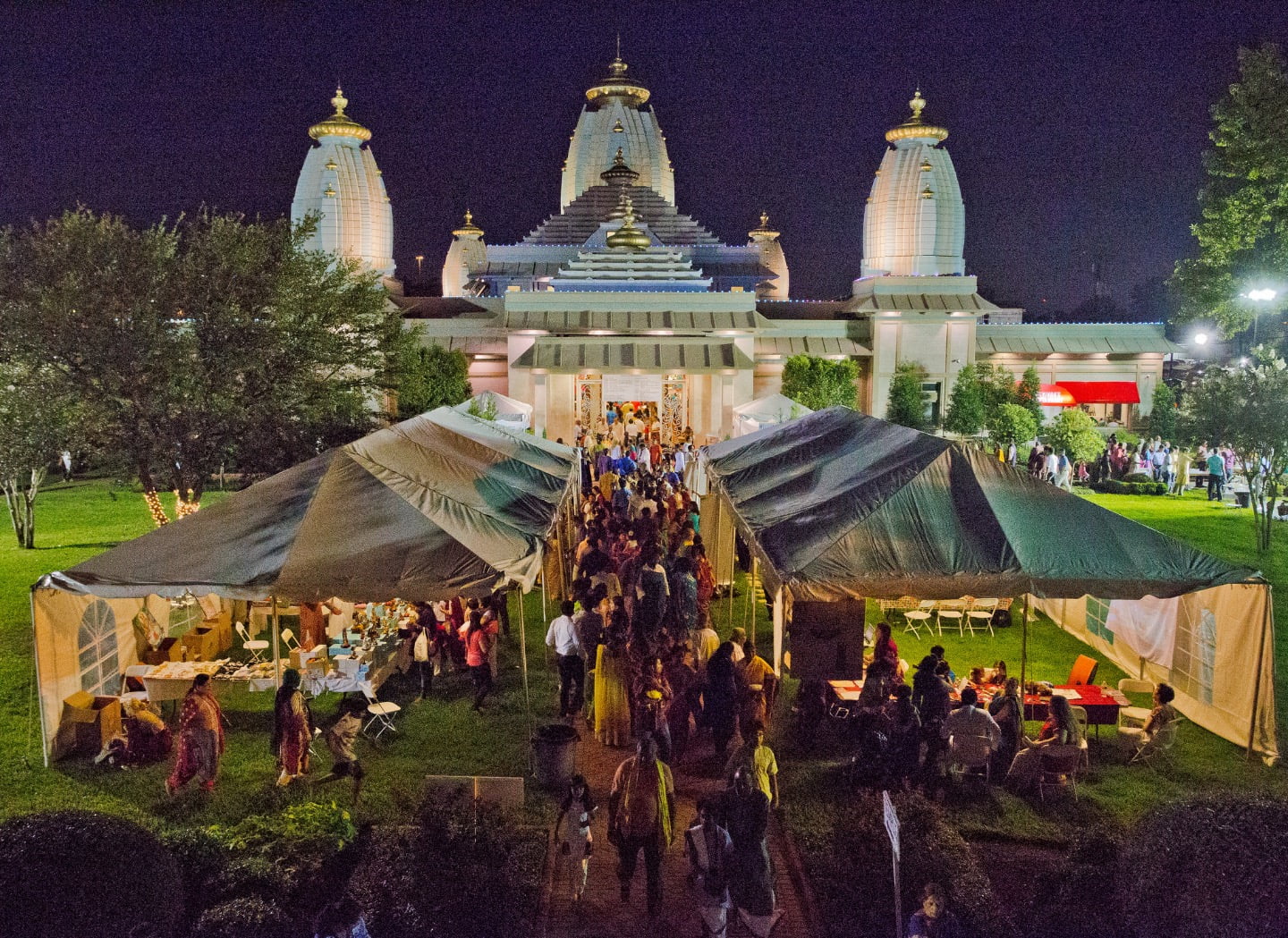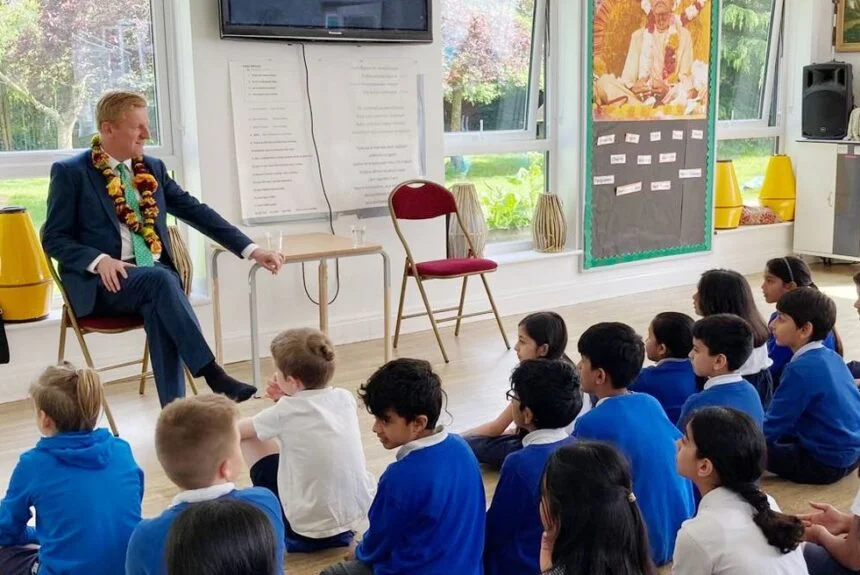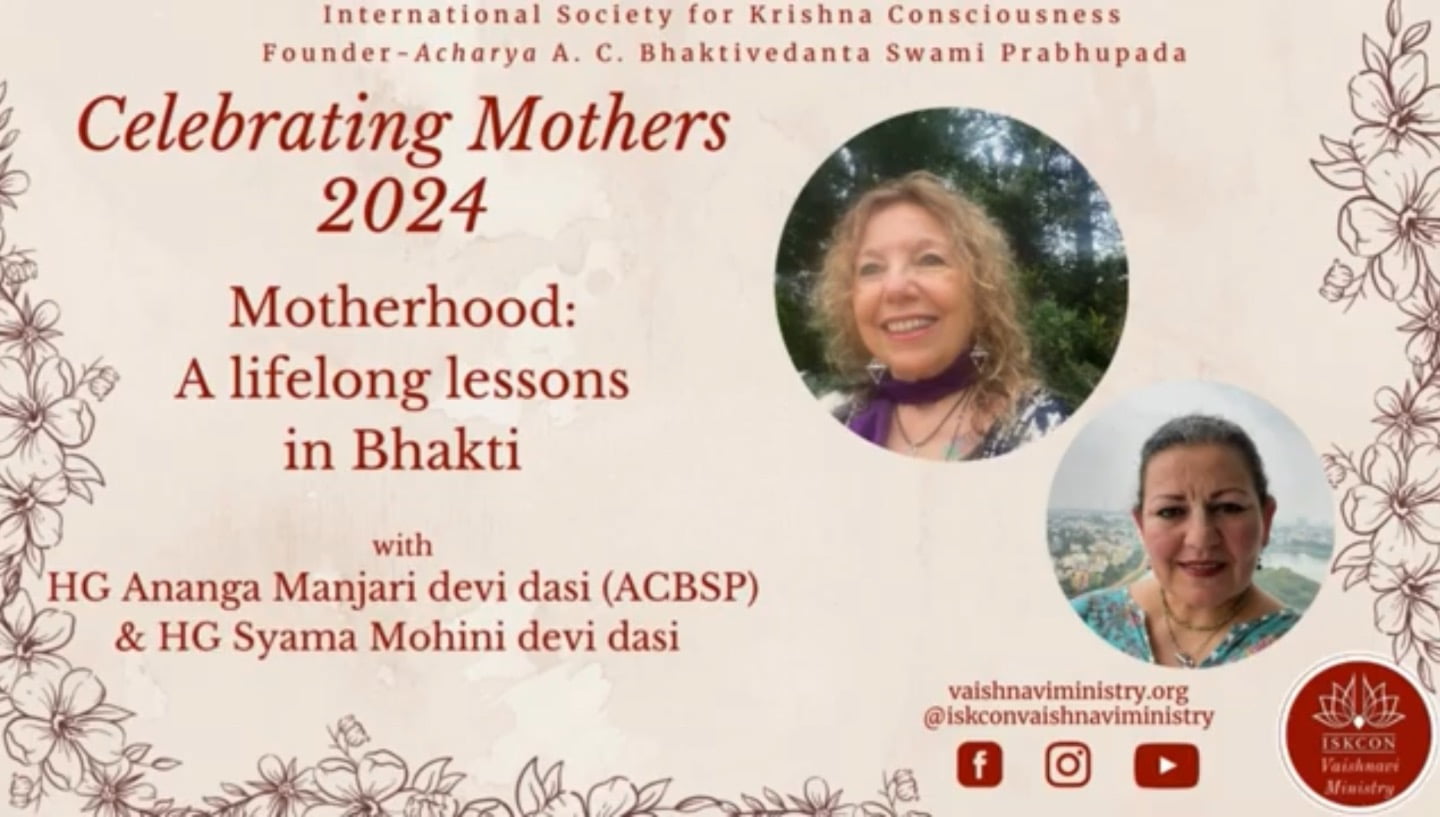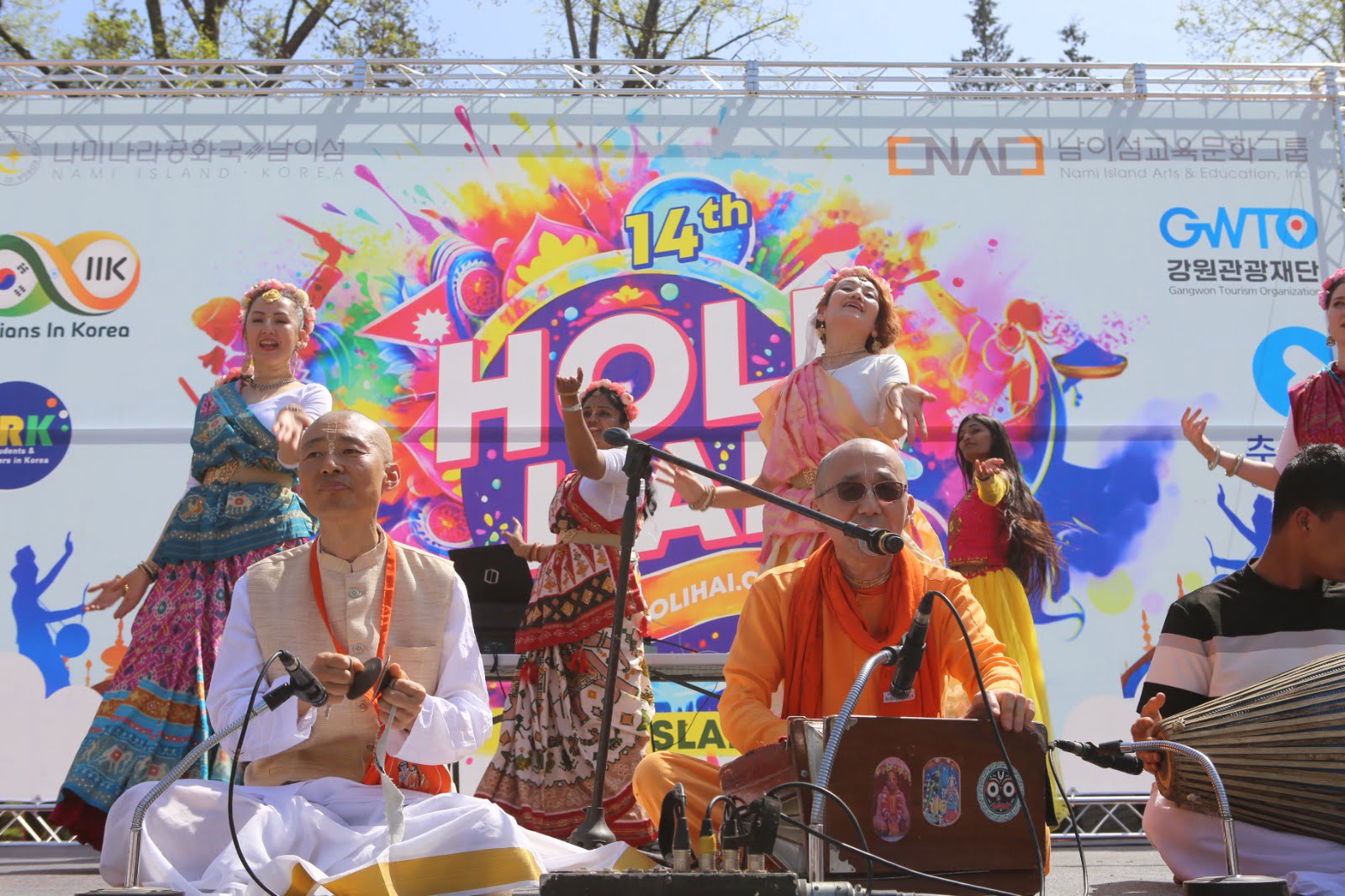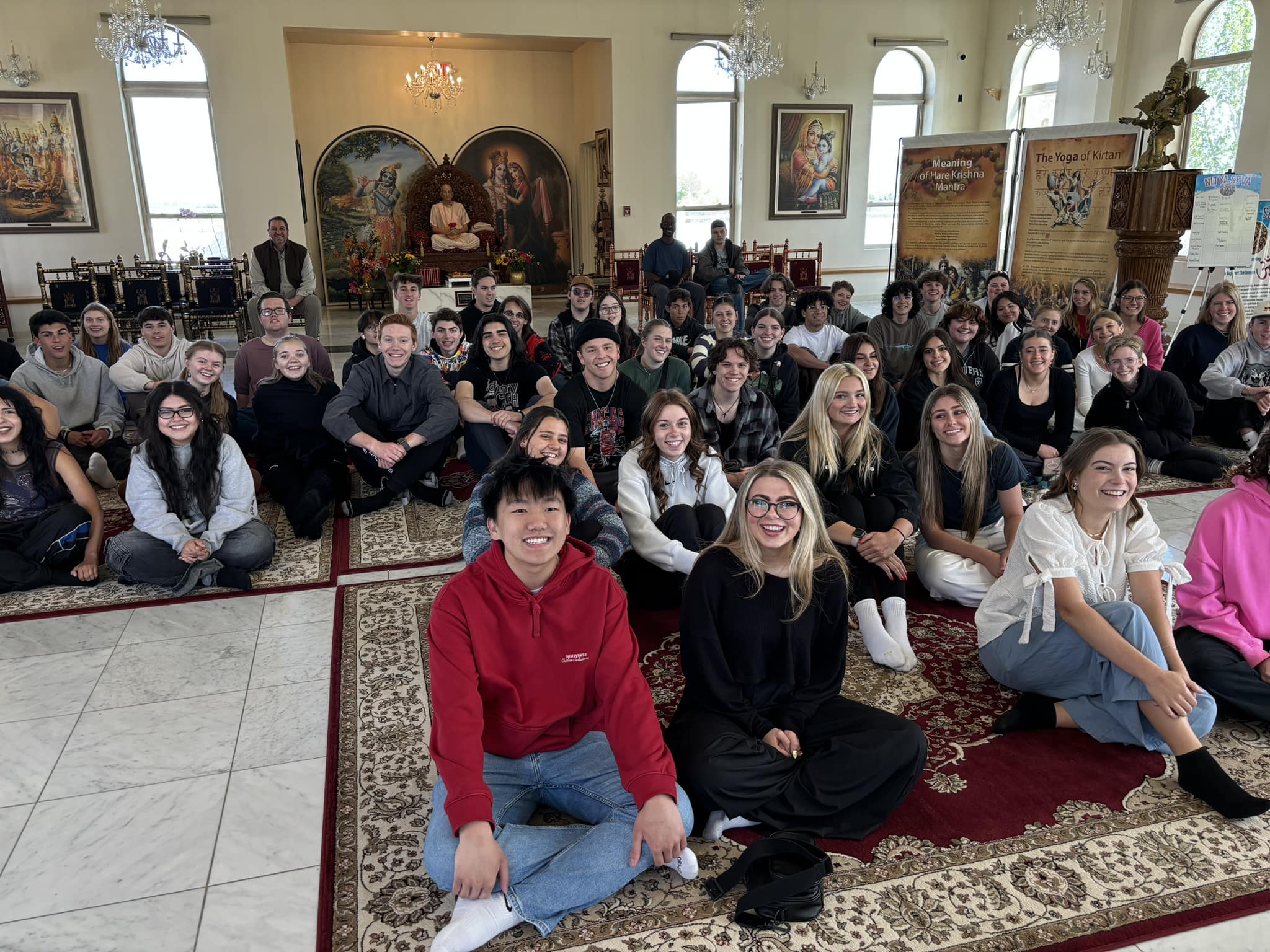Facebook, I Want My Friends Back!
By Vinay Raniga | Jul 17, 2014
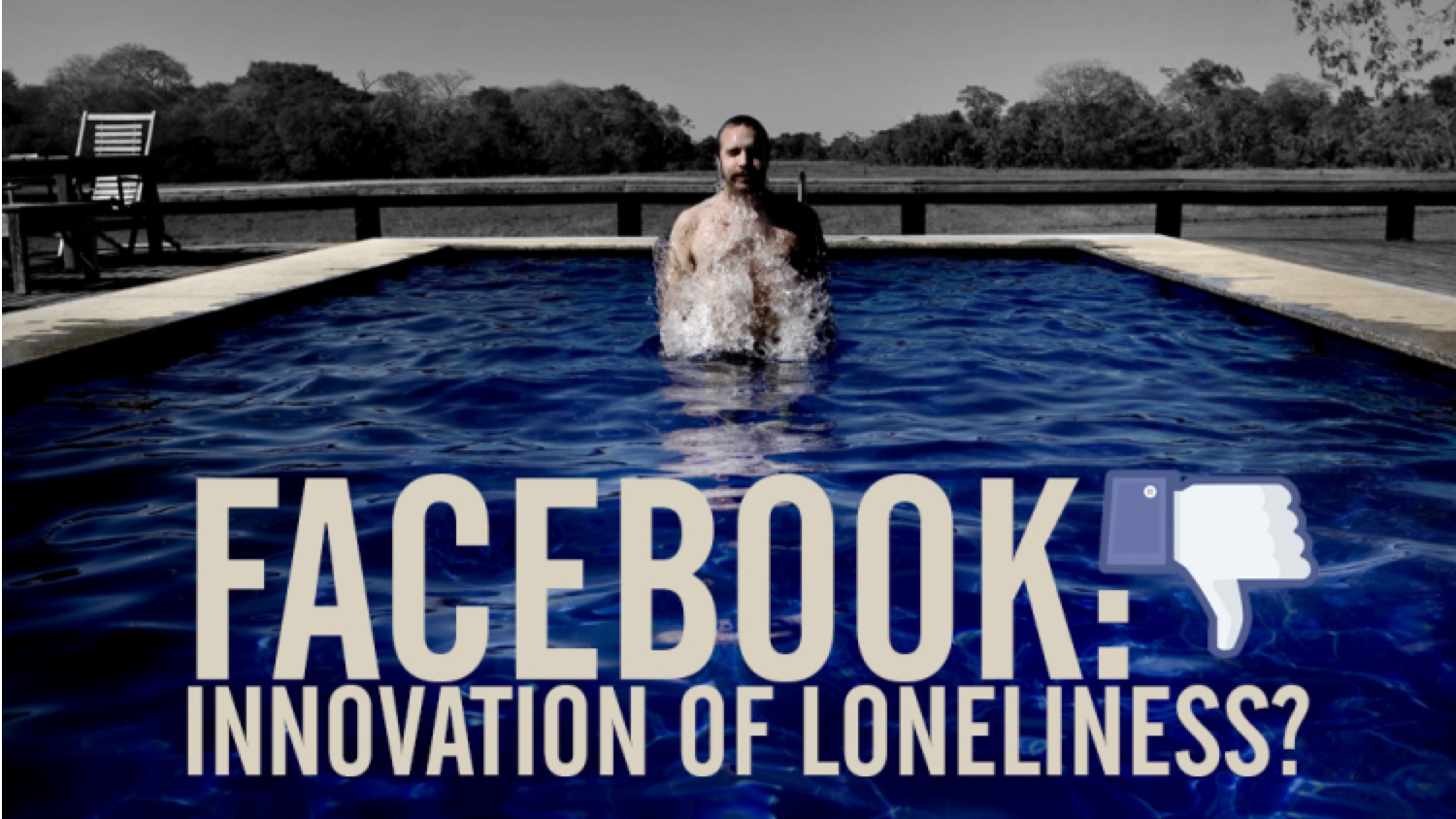
Facebook isn’t like marmite – I hate it and love it. I can’t stand it, but I can’t get off it. How many of you feel the same? It’s the first thing I check in the morning and the last thing I check at night. It seems to be devouring my entire life. Many people whinge about the “calamity” social media has brought to the world, but this post isn’t about that. If you have the right mindset, you can connect nearly anything deemed destructive to a higher, spiritual purpose, making it beneficial to others.
These are a few things that sprout up in my head when I’m scrolling down the addictive white and blue. What do you think?
- Before liking a post, I check who else has liked it to make sure it is socially acceptable to like it – Unless it’s my best friends profile picture, I tend to check who is lurking around that post before associating myself with it.
- I only like a persons post if they’ve liked mine in the past – Mahatma Gandhi said “A like for a like and we’ll all be blind,” or something along those lines. If I’m feeling generous, I click like, like there’s no tomorrow, but usually I’m stingy. No likes for you today Tiny Tim. Bah Humbug!
- I would love to like someones profile picture, but there is politics involved– I’ve either told someone I’m going to sleep, I don’t want to seem like I’m flirting or that person is an enemy of one of my friends. A nice picture deserves a like, yet our conscience immediately assesses the social damage before we commit. This is a little overdramatised, but you get the point.
- Expect the unexpected – posted a black and white picture of your cool self? Expect someone to link that to penguins and start a campaign against global warming in the thread below. Unless you run a tight censored profile, Facebook is a public playground. Anyone can say anything and nine-times-out-of-ten, get away with it.
- A ‘frape’ is no longer embarrassing – gone are the days where we’d blush at the mildly inappropriate statuses written by our friends. Instead, these impostors boost our online street credibility, by showing the world we are socially fertile. Witty ‘frapes’ are a hoot. However, if you’re the prankster, make sure it is tasteful or you risk the threat of a real-life ruined friendship or worse, they block you.
- An argument is to be avoided at all costs, unless you are not involved –starting even the smallest debate, is like punching someone in the face and inviting others to participate, watch or comment. What seems like a harmless discussion can quickly escalate into a mass brawl. Who wins? The person with the most likes of course. If you’re watching the fight, popcorn goes lovely as a side dish, but don’t get involved. Public displays of anger demonise you. Trust me, I’ve learnt the hard way.
- I panic when I am caught stalking – accidentally liking a picture whilst creeping around a random profile is possibly the most embarrassing online situation. Your three choices are: either own up to stalking, get more of your friends to like that picture to make your actions seem natural, or my personal favourite, unlike and deny all chargers. Similar protocol applies to liking something you really weren’t supposed to like.
- I share, therefore I am – the share, or it’s identical twin brother, the retweet, are the is the kings of social media. People only share things if they really love it, knowing it leaves a permanent imprint on their profiles. Sharing allows us to engineer our self-image as we dream it should be, although this may not be reality. [See video below for more]
We may have more degrees than a thermometer, but understanding our social identity can be tough. The Bhagavad Gita states that our eternal self is only truly happy when perfectly connected to the Supreme self (sanatana-dharma). At the same time, it does not belittle the importance of maintaining our worldly identity (sva-dharma). Social media is an added dimension to this paradigm, which is where it can get confusing. One personality is hard enough to manage; having an ‘online-self’ adds another.
No wonder many complain of loneliness, addiction or having a split-personality syndrome. The Gita gives us the solution that success comes when we perform our duty in full knowledge. This knowledge is not subject to our intellect, but rather in our endeavours in learning from the spiritually powerful. They can grace us with insight on how to manage our identities, be they spiritual, worldly or even virtual.
Check this related video: http://iskconnews.org/video/the-innovation-loneliness,664/#.U8dejlbG5FI





